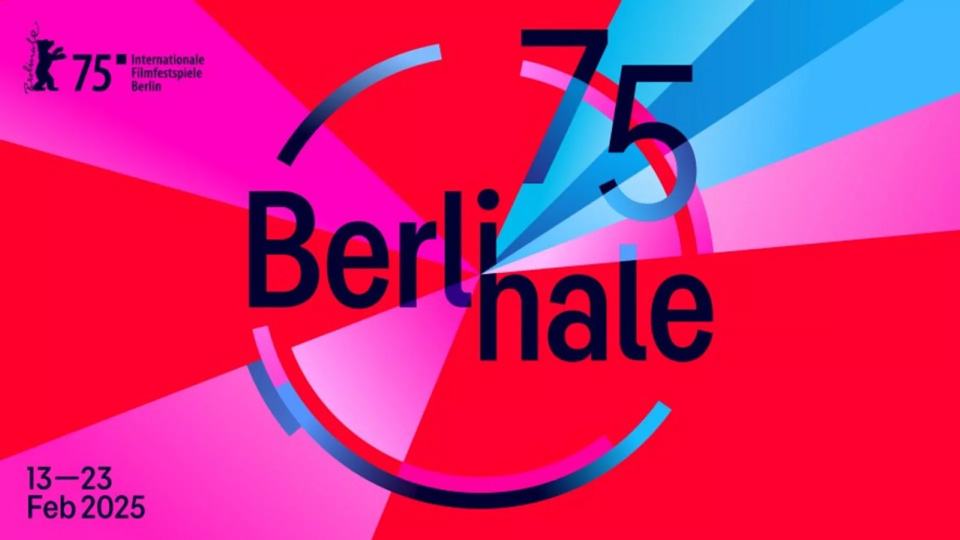The French videogame industry enjoys an ambitious public policy based mainly on two support mechanisms:
- The Tax Credit for Videogames (Crédit d’Impôt Jeu Vidéo), a tax incentive scheme whose rate is set at 20%; and
- A selective aid (Fonds d’Aide au Jeu Vidéo or Support Fund for Videogames) intended for supporting videogame projects, based on assessment of their artistic quality and their commercial potential.
These two schemes are managed by the CNC (Centre National du Cinéma et de l’Image Animée), a public establishment overseen by the French Ministry for Culture and Communications.
Tax Credit for Videogames
The Tax Credit for Videogames is a tax incentive scheme for videogame development companies located in France. Under certain conditions, it offers a tax break equal to 20% of the total spending directly assigned to creating a videogame.
In order to be approved the videogame must have the following characteristics:
- have a development cost of at least €100,000;
- be genuinely intended for sale to the public;
- be made mainly by authors/designers and staff who are French nationals or nationals of States of the European Union or of the European Economic Area who have signed administrative assistance agreements with France (non-European foreigners who are recognized as residents in France shall be deemed to be French citizens);
- contribute to the development and to the diversity of French and European creation (determined by means of a scale of points);
To be noted: videogames of a pornographic nature or that are very violent are excluded from the tax credit scheme.
Support Fund for Videogames (FAJV)
The Support Fund for Videogames (FAJV) supports creation and innovation in the videogame sector. This selective scheme is co-funded by the French Ministry for Industry, the Economy, and the Digital Sector, and by the Centre National du Cinéma et de l'Image Animée (CNC). The FAJV selective aids are intended to support development companies at the stage when they are developing and making a videogame prototype or during the production phase.
The aid for intellectual property creation is a selective aid helping development studios take risks during the videogame production phase by supporting cultural content production. The idea is to facilitate new creations and to encourage companies to create heritage value through the videogames they produce, by keeping the intellectual property rights. It is paid in the form of a subsidy.
The aid for videogame pre-production aims to overcome the technological obstacles to making a non-marketable videogame prototype. Half of it is paid in the form of a repayable advance, and half of it is paid in the form of a subsidy.




